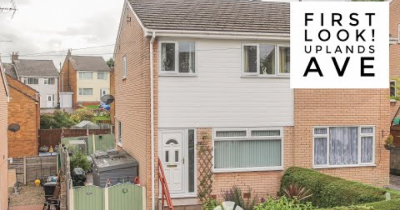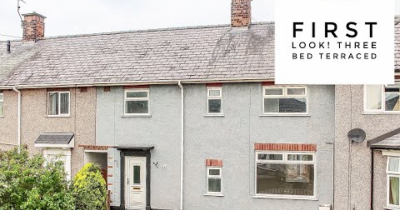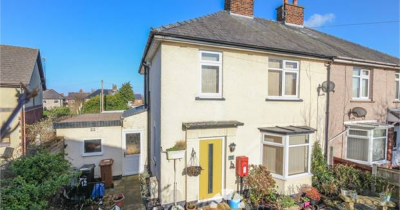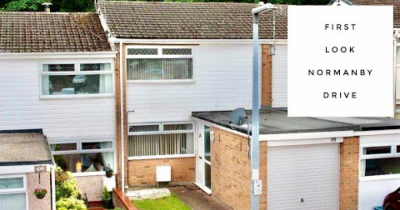Take a sneak peak at this well presented house before it hits Rightmove!
Take a sneak peak at this superbly presented property before it hits Rightmove!
Take a sneak peak at this three bed terrace before it hits Rightmove! Your opportunity to be first in!
Take a 3D virtual reality viewing of this property.
Take a sneak peak at this property before it hits Rightmove!
Take a look at this two bedroom mid terraced house before it hits Rightmove!
Take a sneak peak at this four bed detached house before it hits Rightmove!
Take a 3D virtual reality viewing of this new property.
Take a sneak peak at this three bed semi before it hits rightmove! Your opportunity to be first in!
Take a 3D virtual reality viewing of this new property thats come to market today.
Large Families this may well be the property for you!!! Take a sneak peak at this fabulous property!
Here Ben talks about the current market conditions and how the immediate future looks bright for the local market!











